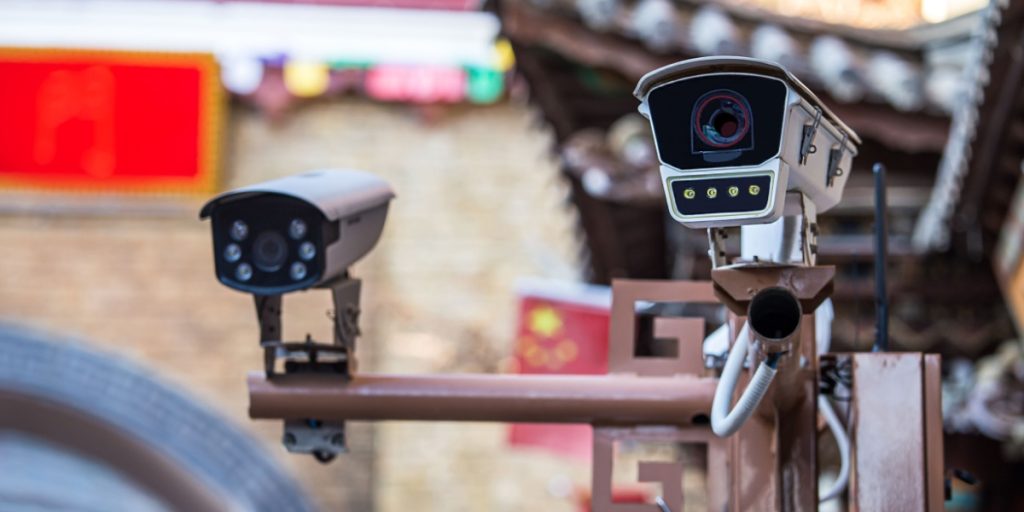In the city of Rongcheng, China, life unfolds under the watchful eyes of millions of surveillance cameras.
Others are reading now
In Rongcheng, a city that might remind one of a dystopian future, the reality of daily life is dominated by an advanced surveillance system that monitors residents down to minute details of their behavior.
This system, in place for over a decade, uses a combination of facial recognition technology and a vast network of cameras to enforce a social credit score that impacts everything from personal relationships to job opportunities. This was reported by SVT.
How the System Works
Residents of Rongcheng start with a baseline score of 1,000 points.
Also read
This score can increase or decrease based on their actions. Positive deeds, such as volunteering, can add points, while infractions like jaywalking at a red light can deduct points.
The system is designed to mold citizen behavior, incentivizing actions deemed positive by the state and discouraging violations of social norms.
Cultural Acceptance and Resistance
The presence of such an intrusive system has led to a high level of self-censorship among citizens, who often adjust their behavior and speech to fit within the accepted norms.
Huang Xueqin-Sophia, a journalist and human rights activist featured in the documentary “Dox: Surveillance,” highlighted the oppressive nature of this surveillance, noting that it has become a normalized aspect of life in Rongcheng.
Chen Zijuan, whose husband was imprisoned for allegedly defying state authority, remarked that many residents treat the scoring system as a game, showing a form of resigned acceptance to this pervasive control.
The implications of the social scoring system are profound, affecting not just the daily actions of citizens but also their social standing, employment prospects, and personal relationships.
A low score can restrict access to desirable jobs, affect housing options, and even limit one’s visibility on dating platforms, fundamentally altering a person’s life trajectory.
Technological Enforcement
The technological backbone of this system includes millions of surveillance cameras equipped with facial recognition capabilities, constantly monitoring and recording the public’s movements.
Area managers and other monitoring officials use this footage to enforce compliance with social norms, from parking regulations to pet management.


